- Our Products
- Upper Extremity
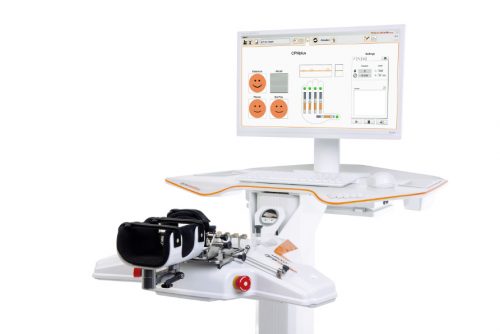 AMADEO The hand therapy world champion
AMADEO The hand therapy world champion
Boredom in finger-hand rehabilitation? Not with AMADEO! Motivation in the course of therapy is just as essential as fingers and hands are for daily life. Regardless of whether it is an adult or child, AMADEO increases therapeutic ambition with sophisticated robotics and a playful approach, and also visualizes the smallest successes in all phases of rehabilitation. Bottom line: AMADEO is simply unique.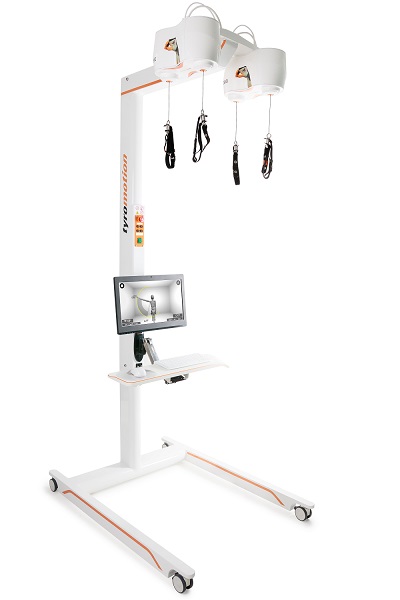 DIEGOBilaterally back to life
DIEGOBilaterally back to life
Finally go fishing again? DIEGO® skilfully assists patients with its unique intelligent weight relief. With its three-dimensional therapeutic area and virtual reality, DIEGO® enables the ideal transfer of what you have learned into everyday life – exactly with the required support. Nothing more and nothing less.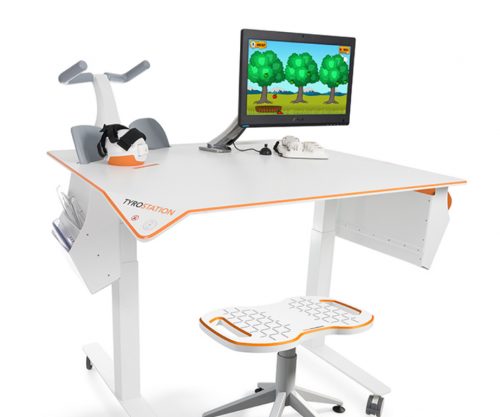 TYROSTATION Endless options, well organized
TYROSTATION Endless options, well organized
Anyone who is as versatile as PABLO® and TYMO® needs structure to really unfold. The Tyrostation is home to all individual components of our two all-rounders and also provides perfect ergonomic adaptability for every patient.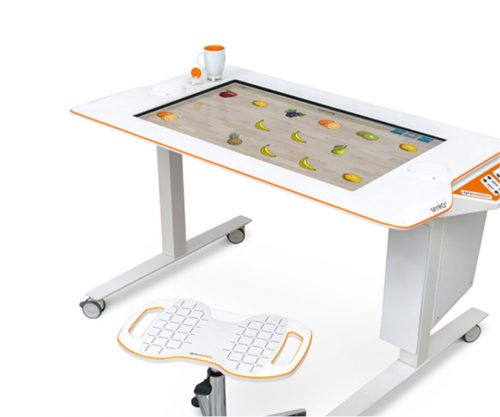 MYRO Full of variety, versatility, innovation and creativity
MYRO Full of variety, versatility, innovation and creativity
Real objects, power control, touch applications and a whole lot of fun: this is what constitutes goal-oriented, intuitive therapy with MYRO. The sensor-based surface is the basis for creative therapy which brings about meaning and self-determination in daily life.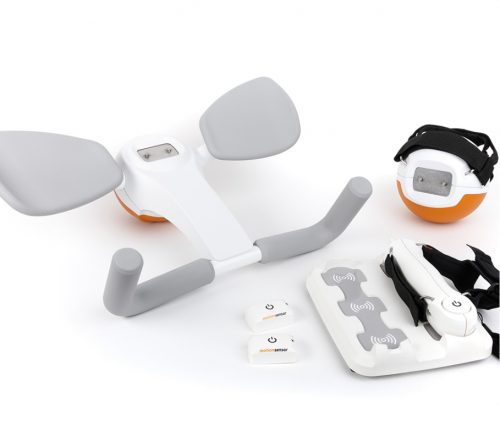 PABLO As versatile as life
PABLO As versatile as life
PABLO® is an all-rounder when it comes to activities of daily living. Position sensors and numerous accessories open up incredibly versatile therapeutic options in a safe environment for patients of all impairment levels.
- Lower Extremity
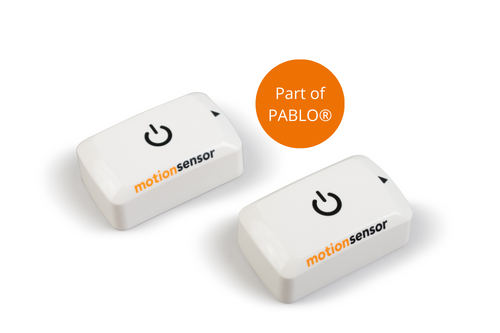 PABLO Lower ExtremityPart of PABLO®
PABLO Lower ExtremityPart of PABLO®
Always know where therapy is going
PABLO® Lower Extremity, our gait analysis and training system, precisely measures the parameters which are required for the selection of the most effective therapeutic measures for gait improvement. Simple and location-independent application as well as size-independent measurement makes the package complete – small device, great effect!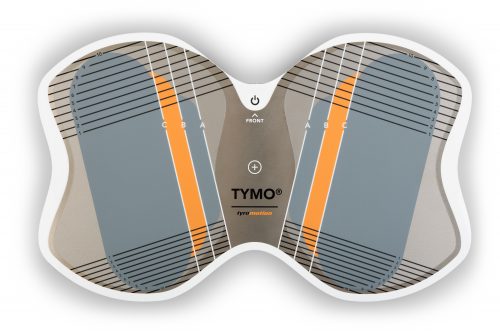 TYMO Balance in perfection
TYMO Balance in perfection
TYMO, a portable posturography system and the world’s thinnest balance platform. Flexible in application, TYMO trains postural control in a sensitive, specific and meaningful manner, and is therefore the basis of all movements. Motivation and fun are included.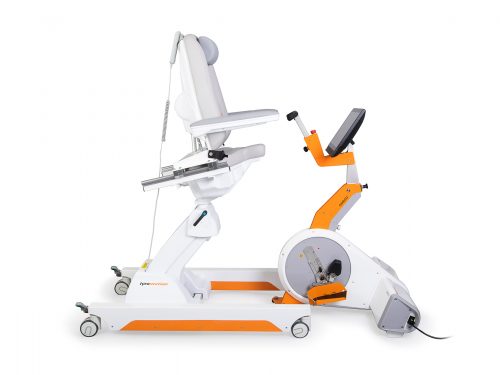 OMEGO Plus Therapy for all phases of gait rehabilitation gone motivational
OMEGO Plus Therapy for all phases of gait rehabilitation gone motivational
Two separate drives mobilize the patient in an effortless, isolated and focussed manner, and therefore make OMEGO® the long-desired stopgap between mobilization and locomotion. What else remains for patient and therapist to do? Train in a motivated manner, have fun and achieve goals. LEXOGait training at its best
LEXOGait training at its best
Maximum number of steps and intensity, low in height, easy handling and fast setup time: Impossible? It works! With LEXO® patients take the first impressive steps back to mobility and enjoy the feeling that things are finally getting better again.
- MTT-Line
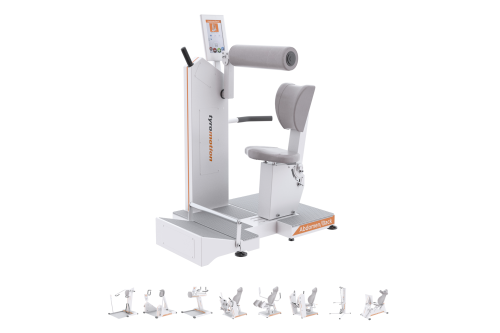 MTT-Line Medical training therapy
MTT-Line Medical training therapy
The barrier-free MTT-LINE specifically strengthens the six major muscle groups of the human body.
- Software
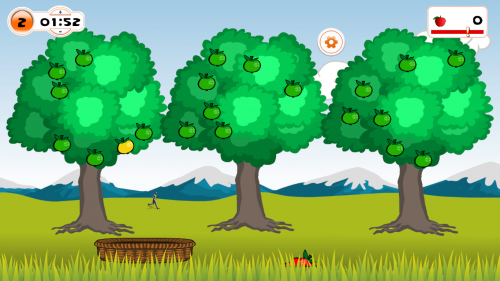 TyroS The heart of our technology
TyroS The heart of our technology
Our TyroS software – developed by and together with therapists – is the heart of our technology that combines devices, know-how and therapeutic games. It is a sophisticated therapeutic system that helps challenge and encourage patients.
- Upper Extremity
Health
Lonely after a stroke? Here is what you can do!
9. May 2022 ● 4 min. Reading time
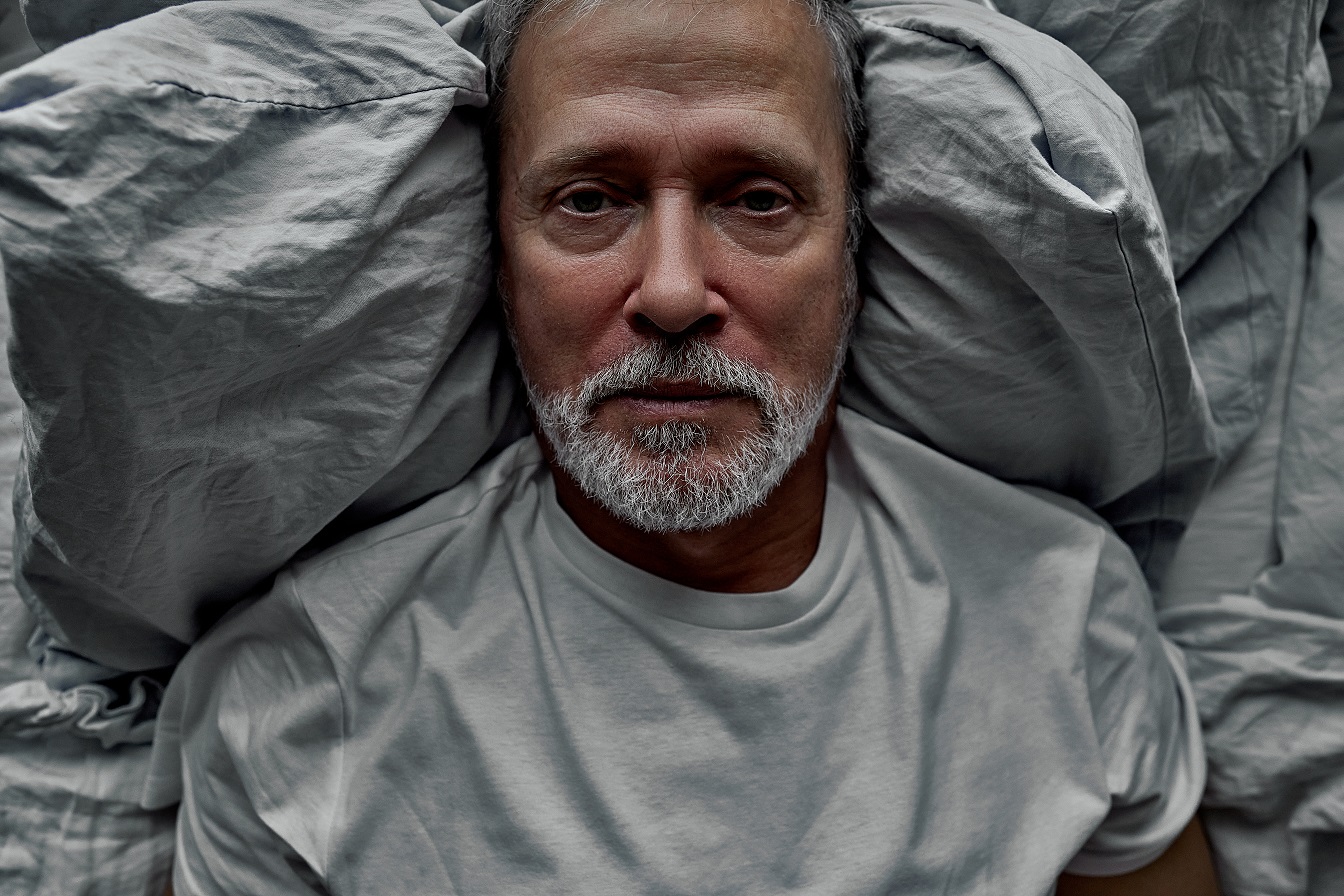
How loneliness affects health
Loneliness is roughly as harmful to health as smoking, obesity, or a lack of exercise. The World Health Organization named loneliness as an important public health concern of the 21st century.
Loneliness shortens the lives of older people, impairs mental and physical health, reduces quality of life, and has negative effects on the cardiovascular system.
Especially after a stroke or when living with a chronic disease, it is important to maintain social contacts in order to sustainably promote wellbeing.
7 things to do against loneliness after a stroke
1 – Look for a new hobby
Even with a physical or mental impairment, there are recreational activities that can be fun. What about painting, writing your own blog, or learning an instrument? In many places, there are also sports activities for people with disabilities, such as hand cycling, wheelchair tennis, and climbing. Engaging in physical activities has many positive effects on health and also helps people make new social contacts.
2 – Join a support group
In most big cities there are support groups on various themes. Some support groups offer support, networking, and exchange also online. There are also support groups specifically for loneliness.
3 – Renew old contacts
When did you last see your best friend from school days? A long time ago? Why not try to get in touch with them?
Other people may also have problems. Mutual exchange can be positive for both sides. If calling is too much of a hurdle, take a look on Social Media and find out if the person is registered. Social Media makes initial contact in a more subtle way possible.
4 – Use the internet
It is easy to find new contacts on the internet. For every disease or disability, there are forums and blogs where people communicate, support each other, and exchange tips. Google is the first place to look for.
5 – Engage in voluntary activities
There are many institutions or social groups that are happy to receive volunteers. Perhaps they need help with office activities, photography, or social media. Be proactive and ask!
6 – Get a pet
The feel-good hormone oxytocin is not only released when being touched by other people but also when cuddling a pet. When taking a dog for a walk, conversations with other dog owners come quite naturally. Also volunteering as a dog-walker for animal centers is possible.
7 – Treat yourself to a massage
Gentle touching is the cheapest and simplest method for strengthening wellbeing and reducing stress. Touch triggers the release of oxytocin, the so-called cuddle hormone.
High doses of oxytocin cause mothers to quickly forget the pain after giving birth.
Massages reduce feelings of anxiety, even after the treatment is over. Ask your partner or close relatives whether they have ever given a hand massage. It is quite normal for them to be astonished by this question. After a first hesitancy, most relatives are grateful for concrete instructions on how to help.
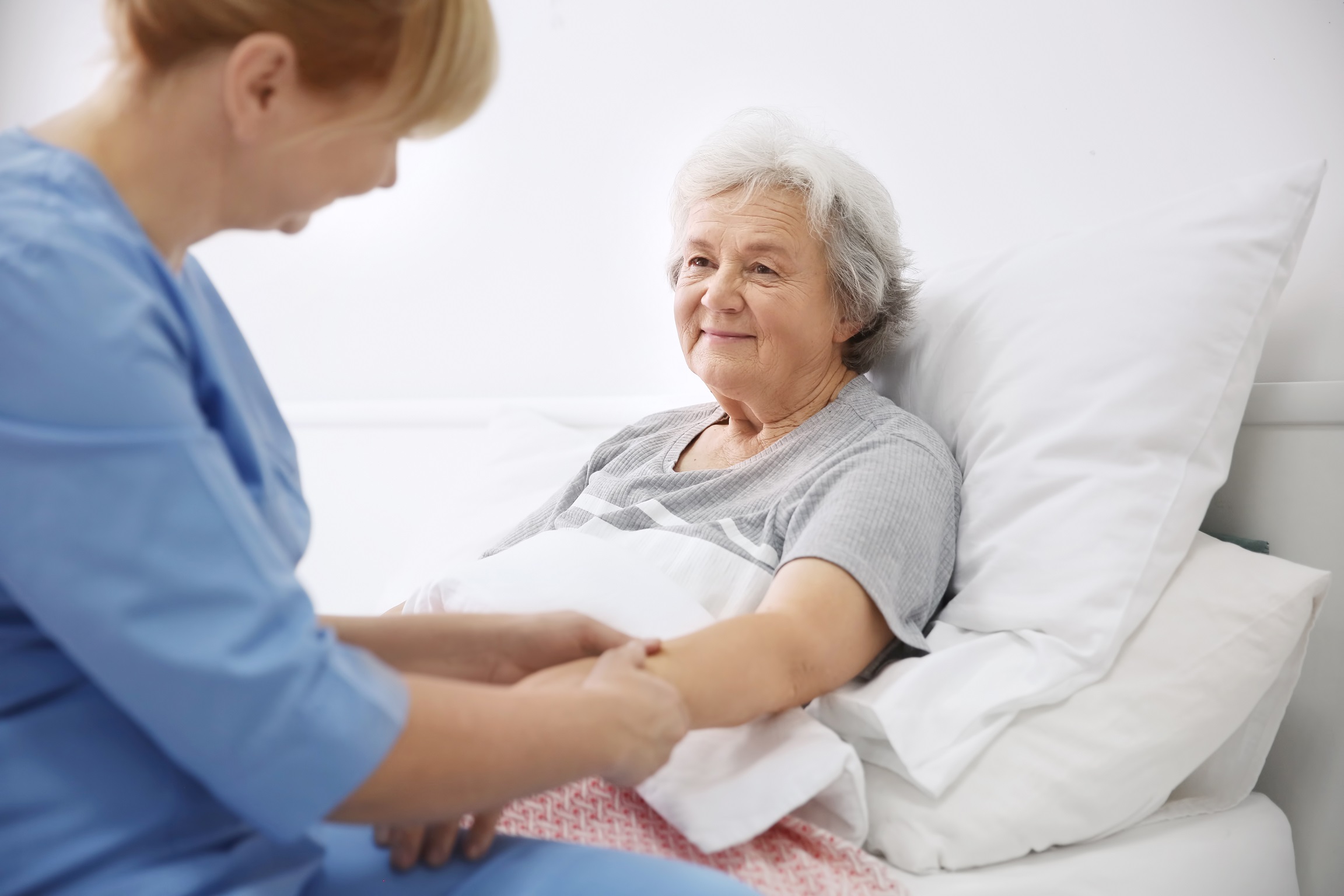
In the fight against loneliness it is necessary to be honest with yourself. Can I do something against loneliness on my own? Do I need professional support? Frank conversations with care personnel, family members or doctors can be a first step towards improvement.
Author: Michaela Partel
You might also be interested in
4. April 2023
Health
Rehabilitation
Stroke nutrition guidelines for optimal health
Nutrition as the key part in health and well-being of stroke survivors A healthy, balanced …
21. March 2023
Rehabilitation
Kinesio taping in neurology as a useful therapy supplement
The Kinesio tape and its usefulness in neurological therapy What was originally known only from …
7. March 2023
Rehabilitation
Exercises against freezing of gait in Parkinson’s disease
When the legs freeze – how does the symptom “Freezing of Gait” manifest itself? Parkinson’s …








